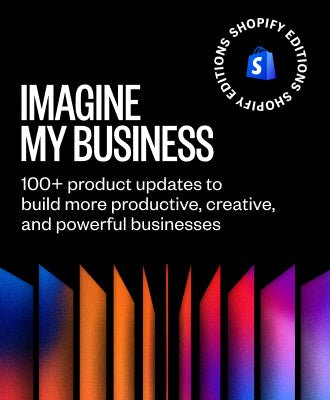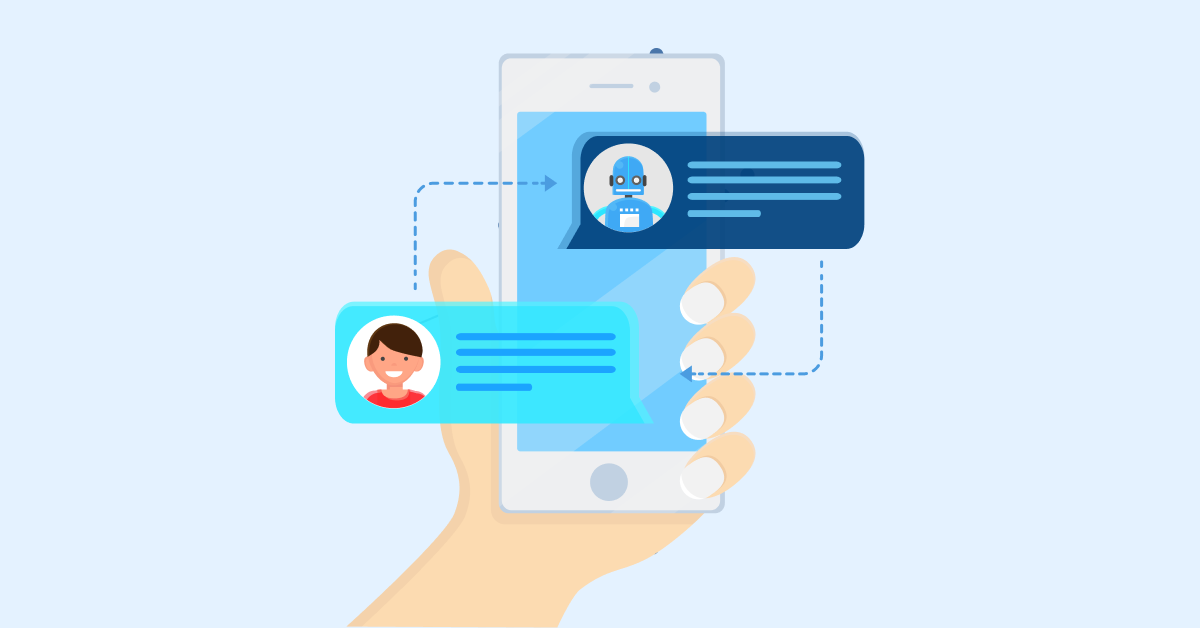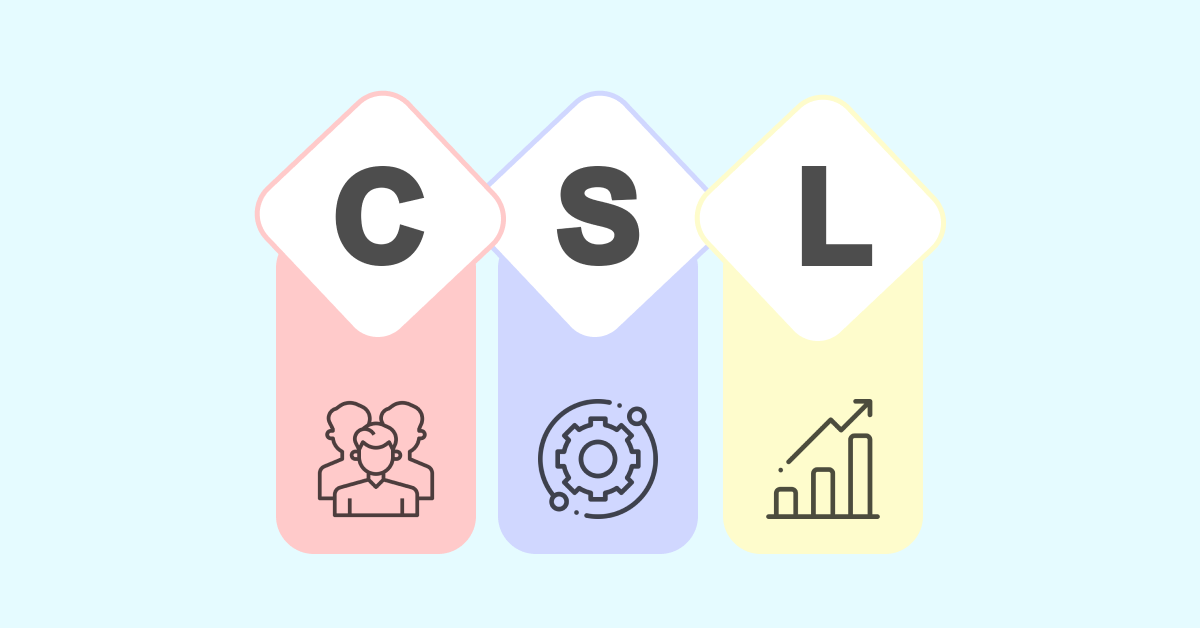Let’s take buying a smartphone as an example. The journey starts when a customer sees an ad, sparking awareness. They research different models, compare features and read reviews. They add their selected phone to the online cart, complete the checkout process and eagerly await delivery. Upon receiving the smartphone, they unbox it, explore its features and may even share their experience by leaving a review online.
3. Identify Key Moments of Truth
Companies must identify the key moments of truth to develop a strong customer experience model. The moments of truth are the interactions between a customer and a brand that have the potential to shape their overall perception. Such interactions can occur at various touchpoints. Understanding and prioritizing these moments enables businesses to provide a seamless experience.
Let’s take an e-commerce company as an example here. One of the key moments of truth in this case may be the checkout process. If a customer encounters obstacles like a complicated and lengthy checkout form, it can significantly impact their experience. Identifying the moment and implementing a user-friendly checkout process will enable the company to create a positive experience, increasing conversion rates.
4. Design Touchpoints
Touchpoints are interactions between a customer and a brand throughout their journey, from initial awareness to post-purchase follow-ups. The touchpoints can significantly impact customer satisfaction, loyalty and advocacy. The importance of designing touchpoints lies in the fact that they influence how customers perceive a brand. Each touchpoint presents an opportunity to make a positive impact and leave a lasting impression.
Let’s consider an example of a customer purchasing a smartphone for illustration purposes. The journey begins with awareness, such as an advertisement or online review. A seamless experience at each touchpoint will enhance the customer’s perception of the brand, increasing their likelihood of repurchasing and spreading positive word-of-mouth.
5. Train and Empower Employees
Companies must understand the significance of training and empowering their employees. When staff members are equipped with the necessary knowledge, they are more confident in handling customer interactions, resolving issues and going the extra mile to exceed expectations. It leads to enhanced customer satisfaction and a positive reputation for the business.
An example of the impact of employee training and empowerment can be seen in renowned customer-centric companies like Zappos or Apple. The businesses prioritize employee development and provide ongoing training to ensure that their staff can deliver exceptional customer experiences consistently.
6. Continuously Measure and Improve
Measuring and improving customer experience is vital because it allows businesses to identify areas that need enhancement. Analyzing customer feedback allows businesses to identify patterns and make informed adjustments. It leads to better customer satisfaction, increased loyalty and higher revenue.
An excellent example of the significance of continuously measuring and improving customer experience is Amazon. Amazon ensures that they are providing an exceptional customer experience by increasing the speed of delivery, improving the user interface of their website, and personalizing recommendations.
Customer Experience (CX) Models Examples
Many businesses have adopted various customer experience models to guide their strategies and operations. Here are five examples of the CX model that have proven to be effective:


















